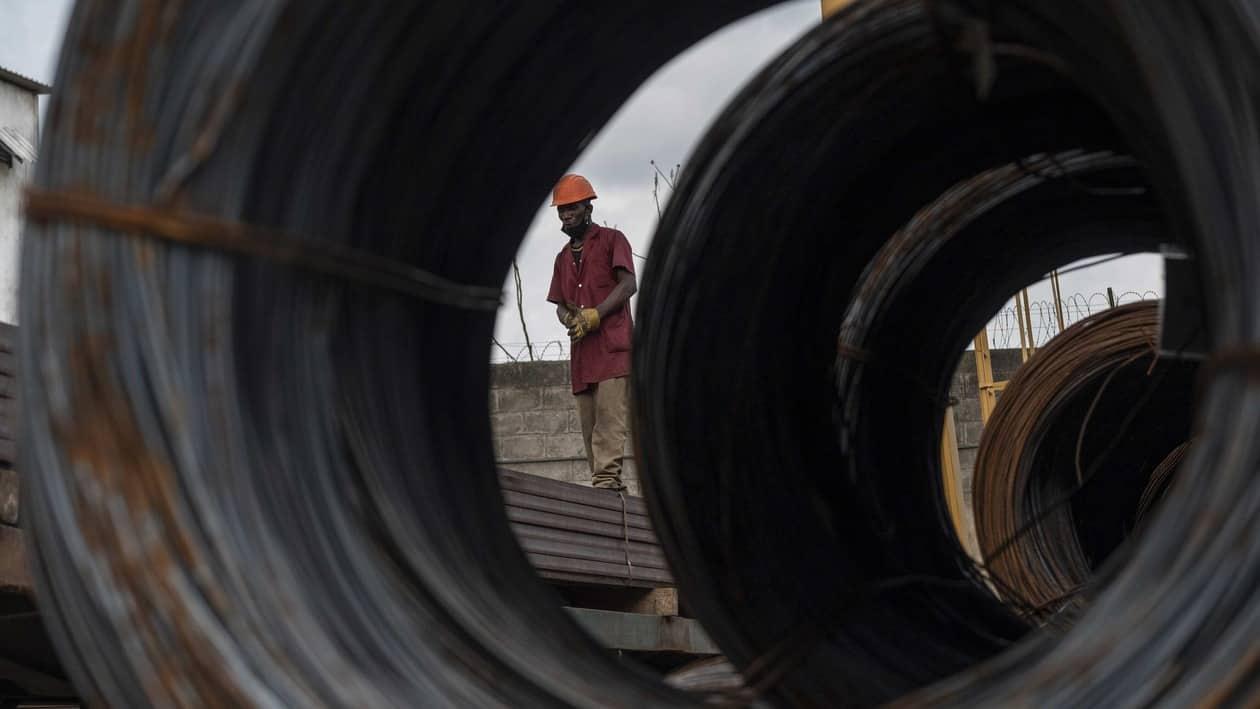The Government of India recently increased export duty on iron ore, pellets and the majority of steel products while reduced import duty on coal and coke.
Earlier, export duty was 30 percent for iron ore which now has risen to 50 percent export duty on all grades of iron ore. Meanwhile, export duty on Iron ore pellets has been imposed at 45 percent export duty from nil.
Further, steel products (except billets and slabs) now attract 15 percent export duty versus nil earlier. GoI also increased export duty on stainless steel to 15 percent from nil.
Meanwhile, import duty on coking coal and coke has been reduced to zero from 2.5 percent and 5 percent respectively.
Impact
According to a note by Centrum Broking, as the government tries to stop exports of raw materials like iron ore and pellets, this will increase domestic availability and should lead to a reduction in domestic prices by around ₹2,000-4,000 per tonne.
This will be beneficial for companies like JSW Steel, JSPL, SAIL and Tata Steel in that order, it stated. Besides, secondary steel producers who buy iron ore/pellets from the market will also be benefitted.
Meanwhile, the reduction in duty on coking coal will help in a cost-saving of ₹800-900 per tonne of steel on current coking coal prices, Centrum pointed out.
Further, the imposition of a 15 percent export duty on steel products will disincentives steel producers to export. Currently, hot-rolled coil (HRC) export prices are around ₹6,400/tonne lower than domestic prices and the imposition of a 15 percent export duty will further increase the gap by ₹9,400/tonne.
As a result, domestic producers will surely try to increase volume in the domestic market, thereby reducing domestic prices which could be ₹5,000/tonne, explained the broekrage.
Due to the export duty hike, EBITDA/tonne for steel firms will be hit in the range of ₹1,500-4,000/tonne with the lowest hit on JSW Steel followed by JSPL, SAIL and Tata, pointed out the brokerage. It further said that NMDC will not only have lower iron ore profits but may also fetch lower value for its steel plant too if it manages to sell. Jindal Stainless too will be hit on account of a 15 percent export duty on stainless steel, it added.
The brokerage estimates that while the FY23 numbers of steel firms will be hit by this move, FY24 numbers should remain unchanged. It has already assumed a ₹4,000-5,000/tonne lower EBITDA/t for all companies except SAIL.
"However, this move of GoI puts a brake on India’s exports viability ever and India may not capitalise by increasing exports amid supply constraints owing to Russia- Ukraine crisis. This move may not change our numbers much for steel companies in FY24 but should have an impact on valuation multiple which will lead to a reduction in target prices for companies," said Centrum.
On the positive side, lower domestic steel prices may help in generating steel demand which might offset some of the pricing pressure, it added.
Going ahead, the hope hinges on a sharp fall in global coking coal prices which can help in maintaining margins above the historical average, it added.
"As stocks are already trading at lower valuation multiple, assuming lower profitability, we believe that any sharp adverse reaction in stock prices should be taken as a selective buying opportunity," recommended Centrum.
